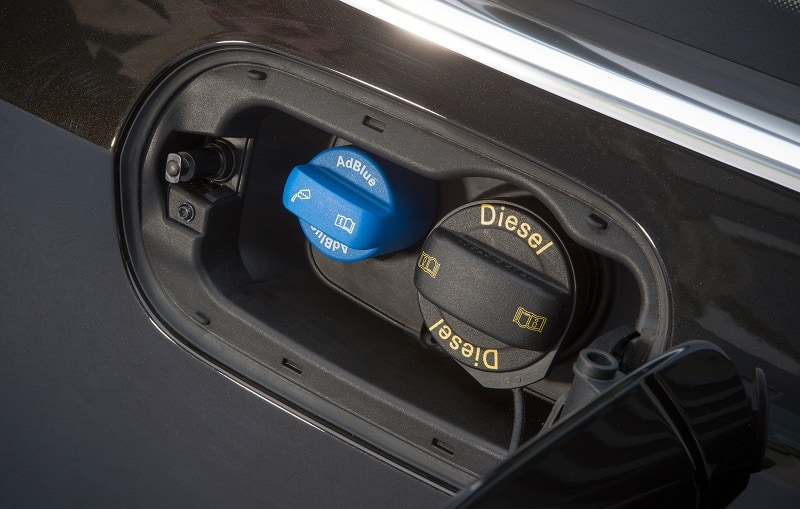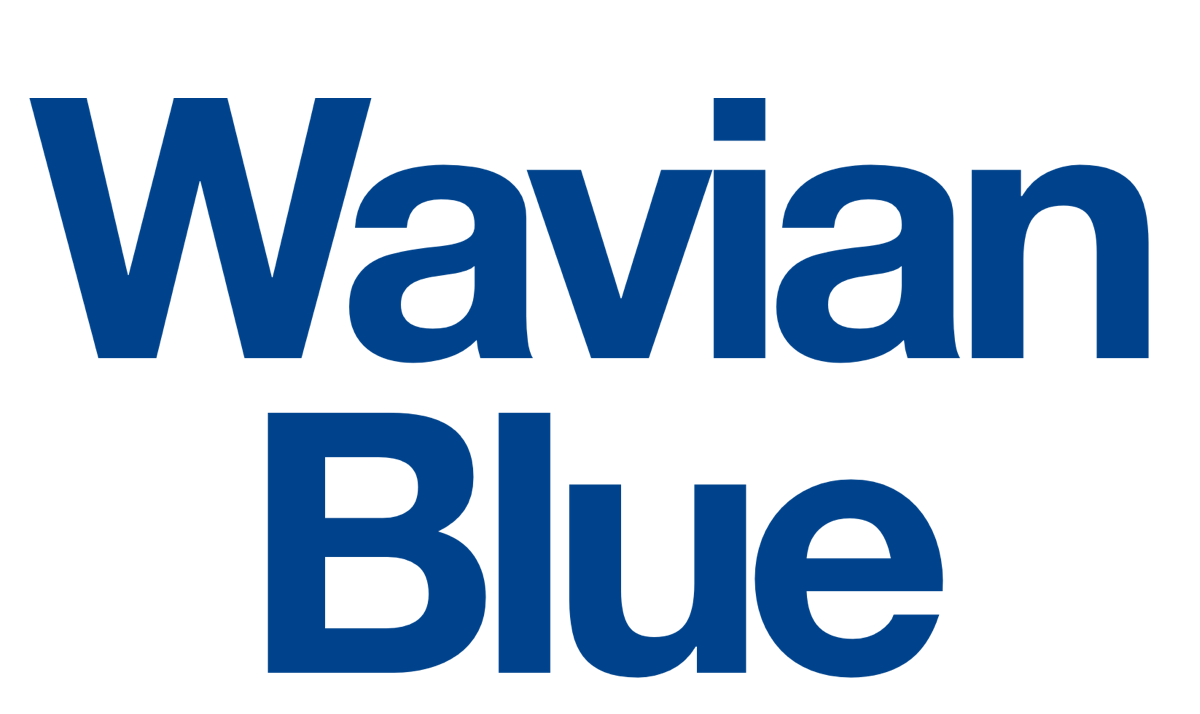No products in the basket.
Latest News
How to safely put AdBlue® in your vehicle
Please note this information was originally published on our www.jerrycans.co.uk website with relation to safely adding fuel to your car in the current challenging circumstances. As a major supplier of wholesale, low cost AdBlue®, we thought the information would apply equally to WavianBlue.

During the current Coronavirus Pandemic the UK is seeing unprecedented changes in the way people are living and working. Severe restrictions have been placed on travel and people are being advised to only use their car when absolutely necessary. EG, for shopping or for essential key workers who are travelling to and from work.
In light of all the information available on the internet regarding safe practices (some true, some false), we thought it would be a good idea to produce a short guide on how to say safe when you are refuelling your car with AdBlue® and /or filling Jerry Cans at a petrol station.
Please note this information has been written as a guide only. There are very detailed guidelines on both the NHS and WHO website regarding safe practices with regards to COVID-19.
Assume the worst
At this stage there is still much discussion about exactly how long the virus may survive on surfaces. Currently it is thought the virus will survive longer on harder surfaces such as steel and plastic than it would on wood or paper. In order to be as safe as possible at the petrol station the best way to approach the situation is to think that every surface you are touching has the virus on it. Obviously this is not the case, but this mentality will keep you focused and greatly reduce any risk.
The virus is passed on by droplets that are dispersed when an infected person coughs or breathes, these are then in turn ingested either through the eyes, nose or mouth of another person. These droplets can also land on surfaces that are then touched and in turn passed hand to mouth to the face.
This is also why washing your hands is so important too. See below for a video on how to wash your hands.
Treat your car as a safe space
At this time we are specifically recommending using petrol stations that allow you to pay by card at the pump. This allows you to avoid any proximity to staff and the transfer of cash with may potentially increase the risk of the infection spreading.
Ideally you should wear (a clean) pair of gloves when touching any part of the petrol pump. The danger points are the handle of the nozzle, the card machine opening and the touchscreen. If you don’t have gloves, use a plastic bag or freezer bag over your hands. Anything that creates a barrier between you and the surface is better than no protection. You may be lucky and find (as I did) that the garage still had protective gloves at the side of the pump. If you are using a work AdBlue® dispensing system please adjust your actions accordingly and beware of potential ‘hot zones’.
The following steps assume you have protective gloves and hand sanitiser.
- Step 1: While you are at home put an empty plastic bag and hand sanitiser or disinfected cloth into the boot of your car.
- Step 2: Travel to the petrol station, stay in your car and put on your gloves.
- Step 3: Take your payment card out of your wallet and hold in your hand, get out of car.
- Step 4: Without touching any other surfaces, open the boot and open the AdBlue® cap on your car.
- Step 5: Enter Card into Machine / enter pin etc
- Step 6: Remove payment card and put into the boot of your car.
- Step 7: Remove nozzle and fuel car and / or Jerry Can(s) Put fuel cans in the boot (if applicable).
- Step 8: Replace nozzle / Close cap – do not ask / take a receipt
- Step 9: Carefully remove gloves and place in the empty plastic bag in your boot.
- Step 10: Carefully clean hands with sanitiser / disinfectant cloth and close Boot.
- Step 11: Without touching any more surfaces get back into your car.
Ideally you should leave your gloves, fuel cans and card in the boot of your car overnight and then carefully wipe them over with bleach / disinfectant. If you need to use the gloves again, place them in disinfectant overnight and wash your hands thoroughly before touching anything else.
Once again it is important to reiterate these are just our suggestions and we recommend reading the WHO and NHS guidelines on safe practices to ensure safety first.
These guidelines may seem over the top, but any steps we can make to reduce transmission will save lives and reduce the burden on our NHS. We would also like to take this moment to thank all the key workers that are carrying on with their jobs in extremely challenging circumstances. What you are doing is amazing.
Please note during this period our office staff are working remotely and our fulfilment providers are following all health and safety procedures to keep themselves safe. Currently the best way to contact us for a quicker response is by emailing [email protected].

